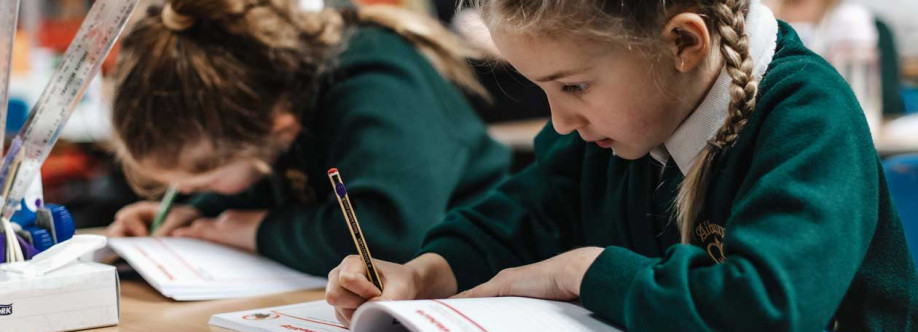
Mar
Building a Vibrant Kids Zone: The Importance of PSHE and EYFS Primary Resources
In the dynamic landscape of education, the focus has increasingly shifted towards nurturing not only academic prowess but also emotional intelligence, social skills, and overall well-being. This paradigm shift has brought to the forefront the significance of Personal, Social, Health, and Economic Education (PSHE) and the Early Years Foundation Stage (EYFS) in laying down the foundational stones of a child's holistic development.
Understanding the pivotal role that PSHE and EYFS play in shaping young minds, educators and parents alike are seeking comprehensive primary resources to create vibrant kids zone that foster growth beyond textbooks. Let's delve deeper into the essence of PSHE and EYFS and explore how carefully curated resources can transform learning environments into nurturing spaces for young learners.
Understanding PSHE and EYFS:
PSHE encompasses a wide array of topics ranging from emotional well-being and mental health to relationships and financial literacy. It aims to equip children with the knowledge, skills, and attitudes necessary to navigate the complexities of the modern world responsibly. On the other hand, EYFS focuses on the crucial formative years of a child's life, providing a framework for learning, development, and care from birth to five years old.
Importance of Primary Resources:
Primary resources serve as the building blocks of effective teaching and learning experiences. In the context of PSHE and EYFS, these resources go beyond traditional textbooks, incorporating interactive activities, visual aids, and engaging materials tailored to the developmental needs of young children. They provide educators with the tools to create immersive learning environments that inspire curiosity, empathy, and critical thinking.
Creating a Holistic Learning Environment:
A vibrant kids zone is more than just a physical space; it's a nurturing ecosystem where children feel safe, valued, and empowered to explore the world around them. By integrating PSHE and EYFS primary resources into the curriculum, educators can cultivate an inclusive culture of learning that celebrates diversity, promotes resilience, and fosters positive relationships among peers.
Empowering Young Learners:
At the heart of PSHE and EYFS lies the goal of empowering young learners to become responsible citizens and lifelong learners. By addressing topics such as health and well-being, citizenship, and personal finance from an early age, children develop the skills and attitudes necessary to make informed decisions, navigate challenges, and contribute positively to society.
The Role of Parents and Caregivers:
Parents and caregivers play a crucial role in reinforcing the lessons learned in the classroom. By engaging with PSHE and EYFS primary resources at home, they can further support their child's development and reinforce key concepts in a familiar environment. This collaboration between educators and families strengthens the foundation of learning and promotes continuity between home and school.
Tailoring Learning Experiences:
One of the key advantages of primary resources in PSHE and EYFS is their ability to tailor learning experiences to meet the diverse needs of young learners. These resources offer flexibility, allowing educators to adapt content according to the age, abilities, and interests of their students. Whether through interactive games, role-playing activities, or multimedia presentations, primary resources cater to different learning styles, ensuring that every child has the opportunity to engage meaningfully with the material.
Promoting Social and Emotional Learning:
Social and emotional learning (SEL) lies at the heart of PSHE and EYFS, equipping children with the skills to understand and manage their emotions, develop empathy and compassion, and build positive relationships with others. Primary resources in these areas provide opportunities for children to explore complex emotions, practice conflict resolution, and develop effective communication skills. By integrating SEL into the curriculum, educators lay the groundwork for a supportive and inclusive learning environment where children feel valued and respected.